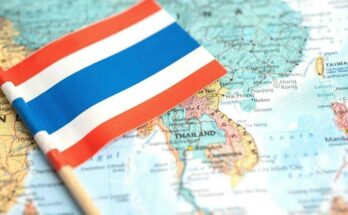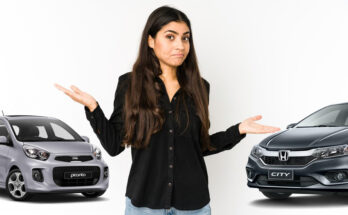In March 2016 the new Automobile Policy 2016-21 was announced by the Board of Investment aiming towards enhancing consumer welfare, boosting competition, curbing the monopoly and attracting new players, particularly the Europeans in the country.
Now even after more than a year, the fruits of this policy are yet to be reaped. One of the key aspects of the policy was to attract the European investment in the country. Chairman Board of Investment, Mr. Miftah Ismail announced back in November 2016, that French automaker Renault will start producing vehicle in Pakistan in 2018. It was also confirmed that Renault in collaboration with Al-Futtaim Group had already submitted its application to the Government for the manufacture of vehicles.
Related: Auto Policy 2016-21 Unable to Bring Any Change in Auto Industry As Yet
Finance Minister Ishaq Dar and Mr. Miftah Ismail also visited France and met the top leadership of Renault. Now however, there is a complete silence about the progress of Renault project in Pakistan. As per sources Renault feels that New Auto Policy does not offer anything substantial for a new car project in Pakistan and thus they have got no interest to enter our market.
Another European automaker Audi had approached the Board of Investment (BOI) with a proposal to start an assembly plant in Pakistan and submitted a letter of intent to BOI for consideration. However the proposal was turned down since Audi wanted to invest in MKD (medium knocked down) model with only vehicle assembly in Pakistan. BOI stated that it is against the auto policy, as they wanted Audi to strengthen the vendor base and the dealer network, besides creating employment.
Related: Govt. Rejects Pak Suzuki’s Demands, Turns Down Audi’s Assembly-Only Plan
Other than Renault several automakers shown interest in exploring Pakistan including Dacia of Romania, Volkswagen for their commercial vehicles, JAC and Brilliance of China and Hyundai & KIA from South Korea, however excluding the South Korean manufacturers’ venture nothing has shaped up into reality.
As many as nine companies had sought permission to set up manufacturing plants but only three could get the approval in the first phase. So far the Ministry of Industry and Production has allowed United Motors Private Limited, KIA-Lucky Motors Pakistan Limited and Hyundai-Nishat Group to set up units for assembly and manufacturing of vehicles under the Greenfield investment category.
Related: Three Companies Get Approval to Establish Car Assembly Plants in Pakistan
However as per sources Hyundai Nishat Motors (Pvt) Ltd and KIA Lucky Motors Pakistan Ltd haven’t signed the new entrant agreement which is a mandatory to be signed between the Government and the investor before the start of plant, the reason being their principals having certain reservation upon this agreement’s contents.
The Auto Policy 2016-21 had other failures as well. Dewan Farooque Motors Limited (DFML) had applied for the revival of its car assembly plant and requested for grant of Brownfield Investment under Auto Development Policy for the production of Shahzore (LCV) and Sangyang (SUV’s) vehicles. There were some reservations of Engineering Development Board (EDB) about the total period of closure of the DFML assembly plant. According to EDB the Brownfield status can only be granted after suitable amendments in the Auto Policy but presently no change is possible since it is mentioned in the policy that it can be revised after two years while it is only in its first year of implementation. Resultantly all activities at DFML plant was suspended.
Related: Local Assembled FAW V2 Launched
Similarly Al-Haj FAW had also applied for a Greenfield status to manufacture cars. However the committee was of the view that the policy in the present form and shape had no room for declaring an existing player a Greenfield Investment, hence the application was turned down.
The Auto Policy had also made Pak Suzuki roll back an investment plan of USD 660 million to develop a second assembly plant in Pakistan, stating that nothing was offered to the existing players in the new policy.
The primary objective of the policy was to bring new investment and create healthy competition among the players which will eventually bring benefit to the consumers in shape of swift deliveries, better quality, reasonable prices, safety and value for money. However from the looks of it, the new Auto Policy is yet unable to fully bring these benefits to the consumers.
Source: Automark
New Auto Policy 2016-21 is total confusion and failure

A computer animation professional with over 23 years of industry experience having served in leading organizations, TV channels & production facilities in Pakistan. An avid car enthusiast and petrolhead with an affection to deliver quality content to help shape opinions. Formerly written for PakWheels as well as major publications including Dawn. Founder of CarSpiritPK.com




